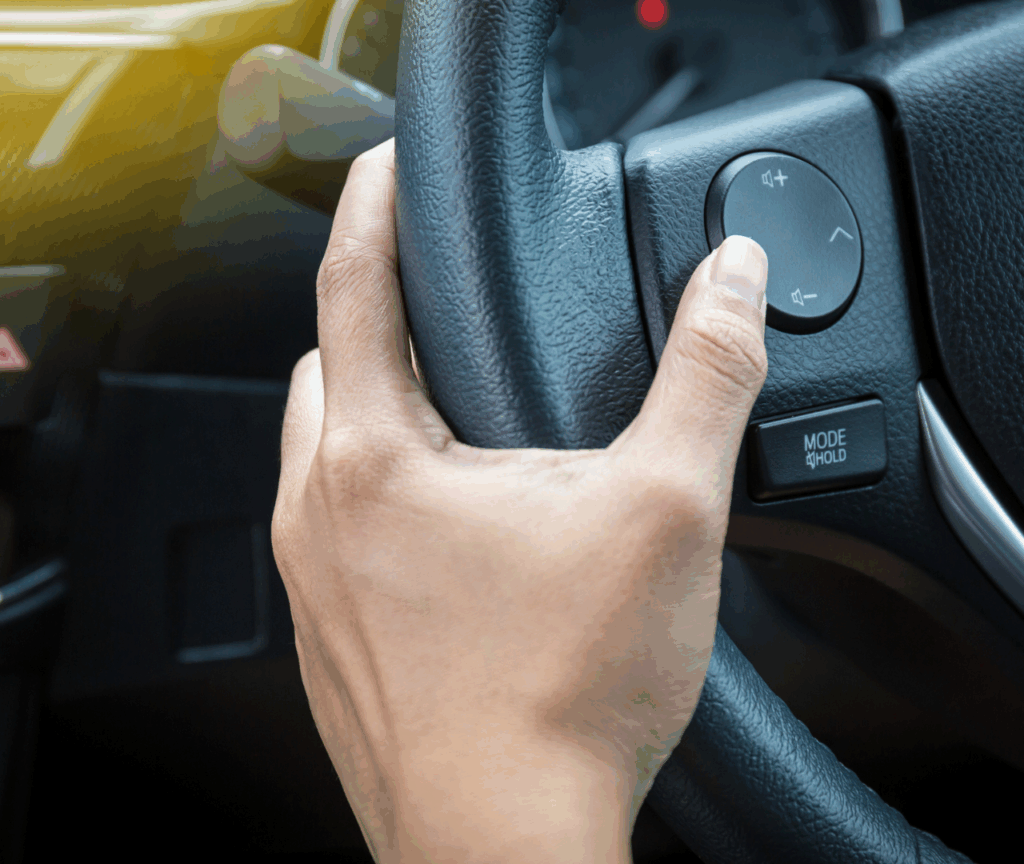Every time we step behind the wheel, we make choices that can impact not only our own lives but also the lives of others. But what if the difference between a safe journey and a tragic accident isn’t just skill — but awareness? How much can simply “being aware” truly change road safety outcomes? And why is awareness such a powerful tool in preventing road accidents?
What Does Road Awareness Really Mean?
Road awareness isn’t just about keeping your eyes on the road. It’s about understanding your surroundings, anticipating risks, and making decisions that prevent danger before it happens. But how often do drivers actually think beyond their immediate path?
Are we noticing the pedestrian about to cross the street, the cyclist merging into our lane, or the driver who’s distracted two cars ahead? Road awareness is about staying mentally engaged — every single second.
Why Is Distracted Driving Still So Common?
We live in an era where distractions are everywhere — phones, GPS systems, music, passengers, even our own thoughts. But can a quick glance at a text really be worth the risk? According to global road safety data, distracted driving is one of the leading causes of accidents worldwide.
So why do drivers still underestimate this danger? Many believe “just a second” won’t make a difference. But in that second, a car traveling at highway speeds can cover the length of a basketball court. Could awareness — the simple act of staying fully present — be the most effective way to prevent these collisions?
How Does Awareness Protect Vulnerable Road Users?
When we think about road safety, we often imagine cars and other drivers. But what about pedestrians, cyclists, and motorcyclists — the most vulnerable on the road?
How often do drivers check their blind spots, reduce speed in residential areas, or stop fully at crosswalks? Awareness isn’t just self-protection; it’s a shared responsibility. Every alert driver contributes to a safer environment for those who are most at risk.
Would more lives be saved if every driver made it a habit to slow down and look twice?
What Role Does Awareness Play During the Holidays?
December is a month of celebrations — gatherings, parties, travel, and unfortunately, a rise in impaired driving incidents. How many accidents could be avoided if more drivers were aware of their limits and the dangers of drunk or drugged driving?
This is also a time when roads are busier, weather can be unpredictable, and distractions are higher than usual. Could extra caution, slower speeds, and more focused driving prevent tragedies during this festive season?
How Can Awareness Help Prevent Drunk and Drugged Driving Accidents?
Every year, thousands of lives are lost due to impaired driving. But what if more drivers were aware not only of the laws but of their personal responsibility? How many lives could be spared if we all asked ourselves:
- Am I truly fit to drive right now?
- Do I have a safe alternative — a ride-share, a friend, public transit?
- Could my decision impact someone else’s family forever?
Awareness doesn’t end when you park the car. It begins with recognizing the risks before you even start the engine.
Why Is Defensive Driving All About Awareness?
Defensive driving isn’t about being paranoid; it’s about being prepared. Why should we wait for danger to appear when we can anticipate it?
An aware driver scans intersections before entering, checks mirrors frequently, keeps a safe following distance, and adjusts speed based on road and weather conditions. If more drivers practiced this level of awareness, could we drastically reduce crashes caused by reaction delays?
How Does Awareness Influence Decision-Making?
Every accident begins with a moment — a decision made too late or not at all. What if heightened awareness could give us those crucial extra seconds? Would fewer people run red lights, tailgate, or make risky lane changes?
Driving is as much mental as it is mechanical. Awareness sharpens reaction time, improves judgment, and helps prevent those “split-second” mistakes that often turn deadly.
Can Awareness Be Taught and Practiced?
Many people believe awareness is just instinct, but can it actually be strengthened like a skill? The answer is yes. Simple habits can build stronger awareness:
- Putting away distractions before starting the car.
- Doing a quick mental checklist before driving: mirrors, seatbelt, focus.
- Practicing active scanning instead of tunnel vision.
- Staying calm and attentive even during routine drives.
What if every driver made awareness part of their daily driving ritual?
Why Should Awareness Matter to Everyone — Not Just Drivers?
Awareness isn’t limited to people behind the wheel. Pedestrians, cyclists, and passengers all play a role in road safety. Are we looking both ways before crossing? Are we using reflective gear at night? Are we speaking up when someone is driving recklessly?
A culture of awareness means shared accountability. The more people pay attention, the safer the roads become for everyone.
Could Awareness Be the Easiest Way to Save Lives?
Not all safety measures require expensive equipment or complicated systems. Sometimes, the most powerful safety tool is something we already have — our attention.
How many lives could be saved this year if more people simply stayed alert, put away distractions, and made conscious, responsible choices on the road?
Final Thoughts: A Simple Habit with a Life-Saving Impact
Awareness doesn’t cost anything. It doesn’t require special training or equipment. But it does require a commitment to be present, responsible, and considerate of others.
As we move through the busy holiday season, let’s ask ourselves: Are we aware enough to keep ourselves and others safe on the road?The answer to saving lives may not always be complex — sometimes, it’s as simple as staying alert.

